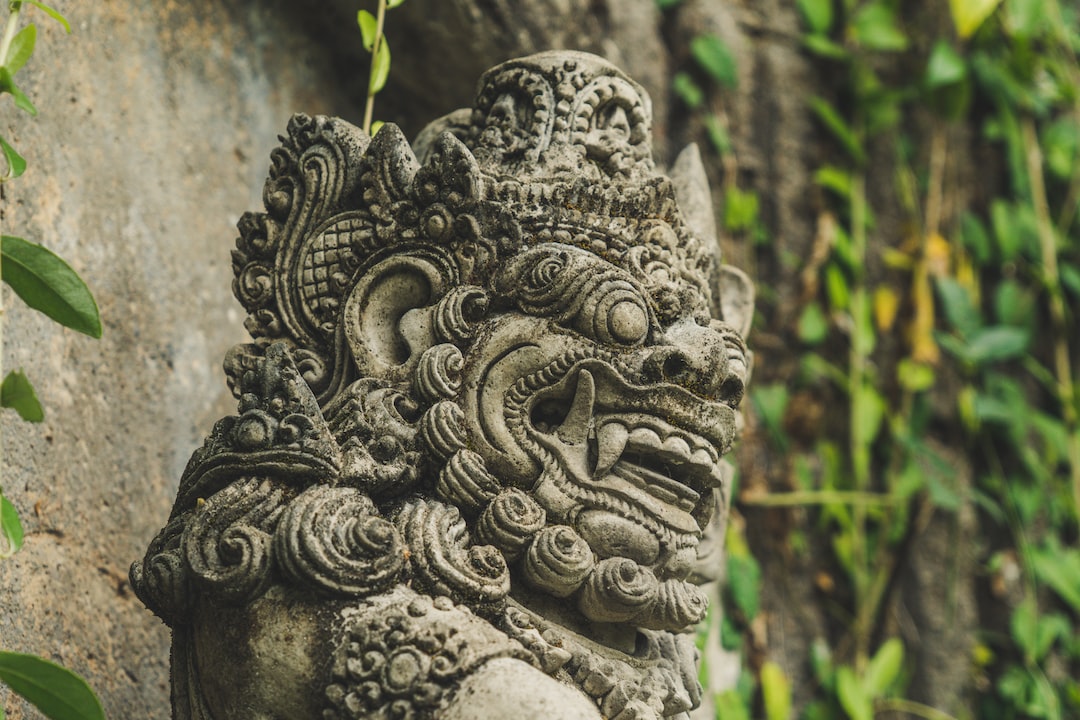The Intersection of Religion and Politics: A Delicate Balance
In a world where belief systems guide our moral compass and politics shape the laws we live by, the intersection of religion and politics is a topic that has been debated for centuries. Some argue that religion belongs strictly to the domain of personal life, while others argue that it should play a pivotal role in shaping public policies. Finding the delicate balance between these two realms is crucial to preserving individual freedoms while promoting societal well-being.
Throughout history, religion has played a significant role in shaping political ideologies and policies. Many ancient civilizations were built on religious principles, with the laws and governance heavily influenced by religious teachings. The divine right of kings, for example, was a concept derived from the idea that rulers were chosen by a higher power. In these cases, religious beliefs intertwined with political power, often resulting in oppression or exclusion of those who didn’t adhere to the dominant religion.
As societies evolved, the need for a separation of church and state was recognized, with Enlightenment philosophers advocating for the secularization of politics. This principle aimed to free politics from religious interference, ensuring equal rights and opportunities for all citizens, regardless of their religious beliefs. The separation of church and state became a cornerstone of modern democracy, preventing the dominance of a particular religion and guaranteeing freedom of religion.
However, even with the principle of separation in place, the influence of religion in politics remains undeniable. Many political leaders worldwide are deeply religious, and their beliefs shape their policy decisions. For example, the debate surrounding reproductive rights often becomes polarized due to religious perspectives on abortion and contraception. Similarly, issues like same-sex marriage and euthanasia are heavily influenced by religious beliefs, leading to heated discussions on the role religion should play in shaping public policy.
One must tread carefully when attempting to integrate religion into the political sphere. While religious freedom is a fundamental right, it is crucial not to impose one’s religious beliefs on others who may hold different perspectives or subscribe to different faiths. Democracy thrives on diversity and the safeguarding of individual rights, which means political decisions should be based on rationality, inclusivity, and the promotion of the common good.
The delicate balance between religion and politics requires a nuanced approach. Religion can provide moral guidance and ethical principles that shape a just society, but it should not dictate laws that restrict personal freedoms or discriminate against certain groups. A dialogue between religious leaders and political representatives should be fostered to ensure decisions are made with the best interests of all citizens in mind, regardless of their faith or lack thereof.
Religious teachings can inspire compassion, justice, and social responsibility, serving as a driving force in addressing societal issues. When politics and religion intersect in a positive manner, their combined influence can lead to significant societal advancements. Issues like poverty, environmental stewardship, and social inequality can be tackled more effectively when religious and political leaders work together toward common goals.
However, it is crucial to maintain a healthy skepticism when religious beliefs are used to rationalize discriminatory policies or to infringe upon the rights of individuals. The separation of church and state was implemented precisely to prevent the domination of one particular faith and protect individual liberties. Upholding this separation is crucial in a diverse and democratic society, where various religious and non-religious perspectives coexist.
As we navigate this complex terrain, it is essential to respect different religious beliefs while ensuring that no one religion or set of beliefs becomes the basis for political decision-making. Political leaders must be mindful of the diverse populations they serve and make decisions that are fair and equitable for everyone, regardless of their religious affiliation.
The intersection of religion and politics will always be a topic of debate, as it grapples with questions of identity, morality, and social progress. Striking the right balance is an ongoing challenge, requiring open dialogue, respect for diversity, and a commitment to upholding individual rights and the common good. In the pursuit of this delicate equilibrium, we must remember that religion can inspire and guide politics, but politics should ultimately be guided by reason, inclusivity, and the values of a just and democratic society.

